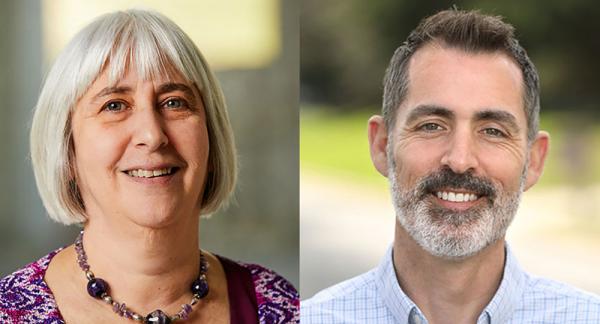Decoding Cancer’s Genetic Blueprint
IRP’s Stephen Chanock Elected to National Academy of Medicine
IRP senior investigator Stephen J. Chanock, M.D., grew up on the NIH campus, spending many weekends hanging around his father’s lab. Robert M. Chanock, M.D., worked at NIH for 50 years, during which he identified the human respiratory syncytial virus and was elected to the National Academy of Medicine (NAM) for his discoveries. Now, following in his dad’s footsteps, the younger Dr. Chanock has been elected to the NAM for his contributions to our understanding of how inherited genetic variation and environmental factors contribute to the risk of developing cancer.










